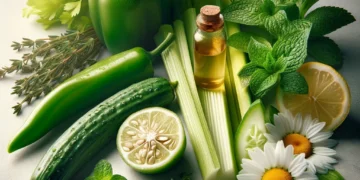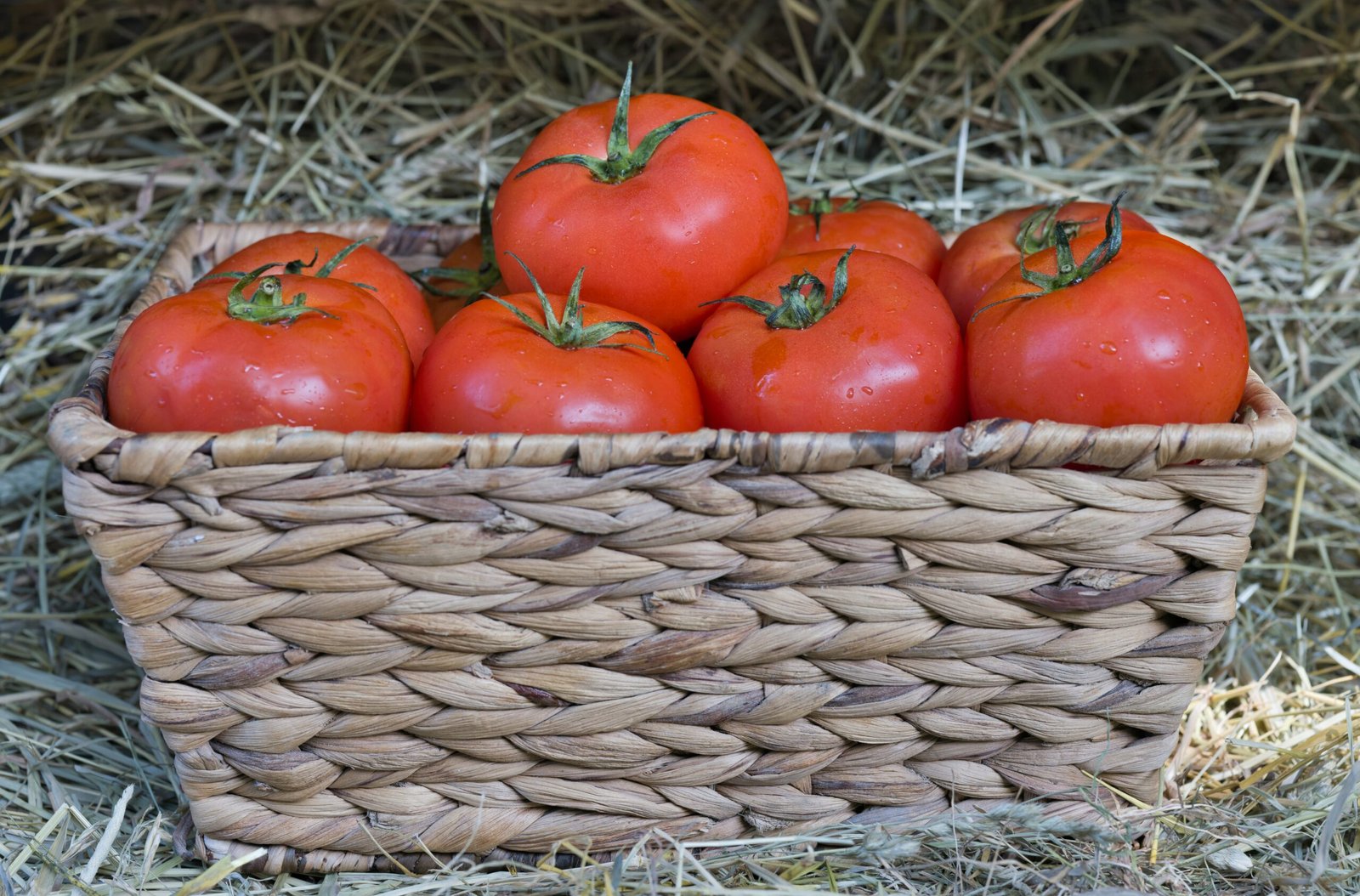The Complete Guide to Holy Basil Health Benefits
What is Holy Basil: A Complete Guide
Holy Basil, also known as Tulsi, is a powerful antioxidant that has been used for centuries in traditional medicine. It is known for its numerous health benefits and is considered a sacred herb in many cultures. In this guide, we will explore the chemical structure and properties of Holy Basil, its role in traditional medicine, its health benefits, recommended intakes, and potential side effects.
History and Origins
Holy Basil was first isolated in 1910 by scientists who were intrigued by its unique chemical composition. The name “Holy Basil” derives from its sacred status in Hinduism, where it is considered a manifestation of the goddess Tulsi. Its scientific name is Ocimum sanctum.
Traditional Uses and Contemporary Research
It has been used for  centuries in traditional medicine for its various healing properties. It is believed to have adaptogenic and anti-inflammatory effects and is used to treat a wide range of ailments including respiratory disorders, digestive issues, and skin conditions.
centuries in traditional medicine for its various healing properties. It is believed to have adaptogenic and anti-inflammatory effects and is used to treat a wide range of ailments including respiratory disorders, digestive issues, and skin conditions.
In recent decades, there has been a growing body of scientific research supporting the traditional uses of it. Studies have shown that it has antioxidant, antimicrobial, and anti-inflammatory properties. It has also been found to positively impact the immune system and may help reduce stress and anxiety.
Health Benefits of Holy Basil
One of the key health benefits of it is its powerful antioxidant activity. Antioxidants help protect the body against oxidative stress, which can lead to chronic diseases such as heart disease and cancer. Holy Basil contains a range of antioxidants, including phenolic compounds, flavonoids, and vitamin C.
Another important benefit is its potential to support cardiovascular health. It has been found to help lower blood pressure and cholesterol levels and may reduce the risk of heart disease. It also has anti-inflammatory properties that can help reduce inflammation in the body.
It is also known for its antimicrobial properties, which can help fight off infections and boost the immune system. It has been used to treat respiratory infections, such as colds and coughs, and digestive issues like indigestion and bloating.
Natural Sources and Absorption
Holy Basil is typically consumed as an herbal tea or in supplement  form. It is also used as a culinary herb in many Asian cuisines. When consumed as a tea or in food, it is fat soluble, which means it is better absorbed by the body when consumed with a source of fat.
form. It is also used as a culinary herb in many Asian cuisines. When consumed as a tea or in food, it is fat soluble, which means it is better absorbed by the body when consumed with a source of fat.
Processing and cooking methods can affect the bioavailability of its active compounds. It is best to use fresh or dried leaves for maximum potency. Boiling or steeping the leaves in hot water can help release the beneficial compounds.
It is important to note that it may interact with certain medications, such as blood thinners and antidiabetic drugs. If you are taking any medications, it is always best to consult with your healthcare provider before adding it to your routine.
Recommended Intakes and Safety
There are currently no specific dietary guidelines for its intake. However, it is generally safe for most people when consumed in moderate amounts as a culinary herb or as a supplement. It is always recommended to follow the instructions on the supplement packaging or consult with a healthcare professional for personalized advice.

When used as a culinary herb, there are no known risks associated with consuming Holy Basil. However, it is important to use it in moderation and avoid excessive amounts, as with any herb or spice.
Holy Basil Frequently Asked Questions
Q: Can it help with stress and anxiety?
A: Yes, it has been found to have adaptogenic properties and may help reduce stress and anxiety.
Q: Is it safe for pregnant women?
A: Pregnant women should consult with their healthcare provider before using Holy Basil, as there is limited research on its safety during pregnancy.
Q: Can it be used as a substitute for medical treatment?
A: It should not be used as a substitute for medical treatment. It can be used as a complementary therapy, but it is important to consult a healthcare professional for proper diagnosis and treatment.
References
1. Singh S, Majumdar DK. Evaluation of the gastric antiulcer activity of fixed oil of Ocimum sanctum (Holy Basil). J Ethnopharmacol. 1999;65(1):13-19.
2. Cohen MM. Tulsi – Ocimum sanctum: A herb for all reasons. J Ayurveda Integr Med. 2014;5(4):251-259.
3. Cohen MM. Tulsi – Ocimum sanctum: A herb for all reasons. J Ayurveda Integr Med. 2014;5(4):251-259.
4. Cohen MM. Tulsi – Ocimum sanctum: A herb for all reasons. J Ayurveda Integr Med. 2014;5(4):251-259.
Sources:
- Holy Basil Benefits, Uses, Side Effects and Interactions – Drugs.com https://www.drugs.com/npp/holy-basil.html
- 12 Powerful Benefits Of Tulsi/Holy Basil (Scientifically Proven) – CureJoy https://www.curejoy.com/content/health-benefits-of-tulsi/
- Holy basil: Proven health benefits, uses, and precautions – Medical News Today https://www.medicalnewstoday.com/articles/266425
- Ocimum sanctum Linn. (Holy Basil): an ethnomedicinal plant with myriad properties – NCBI https://www.ncbi.nlm.nih.gov/pmc/articles/PMC4296439/
- Holy Basil: Uses, Side Effects, Interactions, Dosage, and Warning – WebMD https://www.webmd.com/vitamins/ai/ingredientmono-1101/holy-basil
Disclaimer: This blog post is for informational purposes only and should not be considered medical advice. Please consult with a healthcare professional before making any changes to your diet or lifestyle















